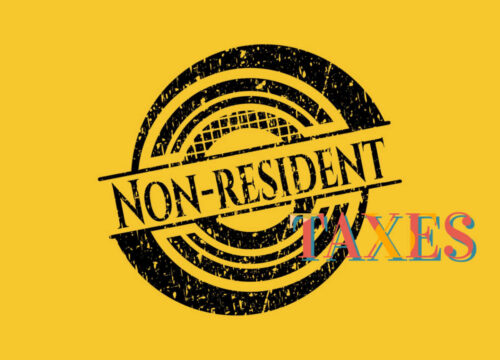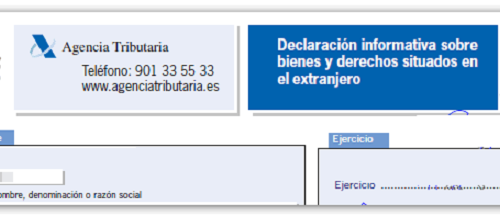
You must submit your spanish Wealth Tax return if, after applying the corresponding deductions or allowances, the tax liability is payable to the spanish Tax Agency, or if the value of your assets or rights exceeds 2,000,000 euros.
How often do I have to declare my spanish Wealth Tax?
The accrual is annual, taxing your net wealth that you own as an individual as of December 31 of each year.
What is the taxable base? and, is there a minimum tax exemption?
In Andalusia, and since the Autonomous Communities can assume regulatory powers, the threshold that determines whether you are obliged to submit the spanish Wealth Tax return, for people with disabilities and depending on the degree of disability, is:
– equal or higher than 33% and lower than 65%: 1,250,000 euros;
– equal or higher than 65%: 1,500,000 euros.
At this point, until 2022, the minimum exemption from spanish Wealth Tax in Andalusia was 700,000 euros, and movable and immovable assets were included in the tax base, except the main residence up to 300,000 euros. However, the spanish Decree-Law 7/2022 of September 20, has modified the Autonomous Law 5/2021 in such a way that, in Andalusia, after the deductions and allowances regulated by the State regulations, a 100% allowance will be applied on the resulting tax liability if it is payable. That is to say, from December 2022 the spanish Wealth Tax is not payable in Andalusia, although you do have the obligation to file the tax form.
Also, non-resident taxpayers in Spain with assets in Andalusia enjoy a 100% rebate from 2023, taking into account the possible existence of situations of international double taxation, in accordance with international conventions and treaties.
If I am a legal entity or an entity without legal personality, should I pay Wealth Tax in Spain?
No. Only individuals, Spanish or foreign, who have their habitual residence in Spanish territory, are subject to the tax, the general rule being your habitual residence, whether inside or outside the national territory.
Normally, you are taxed on the totality of your net assets (worldwide wealth), regardless of where the assets are located or the rights can be exercised.
Finally, it is important to bear in mind that, if you are a spanish resident but change your residence to another country, you can choose to continue paying tax in Spain, filing your spanish tax return in the first year in which you have lost your spanish resident status. bearing in mind that assets located abroad are also subject to spanish tax, and therefore double taxation may occur, allowing, under certain conditions, the deduction of the tax paid abroad, which helps to mitigate this double taxation.
What is Wealth Tax in Spain under real obligation?
However, if you are an individual and your habitual residence is not in Spanish territory, you will be taxed under what is known as “real obligation” on the assets and rights you own, which can be exercised or must be fulfilled in Spanish territory, with Wealth Tax in Spain being levied in this case only on the assets and rights in Spanish territory. Shares in the equity of any type of entity are considered to be located in Spanish territory when at least 50% of the assets are made up of real estate located in Spanish territory.
Besides, you will also be taxed by real obligation if you are an individual who chooses to pay Spanish Non-Resident Income Tax (IRNR) under the special regime for workers posted to Spanish territory (impatriate regime).
Therefore, if you wish to consult about your obligation to pay spanish Wealth Tax, whether you are resident or non-resident in Spain, or if you are a non-resident individual who pays spanish Non-Resident Income Tax (IRNR) for workers posted to Spanish territory, do not hesitate to contact the Pérez Parras Economists and Lawyers firm. We have professional experts in international taxation, with double degrees in Law and Economics, who will advise you and optimise your tax return in an efficient manner, applying the applicable international double taxation agreements, according to your particular case. We also have experts in the taxation of the declaration of rights and obligations abroad (Spanish Form 720), and the Beckham Law for impatriates and digital nomads. Don’t settle for just filing your taxes, or filing them without errors. In this office we will advise you to optimise your taxation in Spain.
Related Projects
Spanish Wealth Tax return
-
Category





LEAVE A REPLY